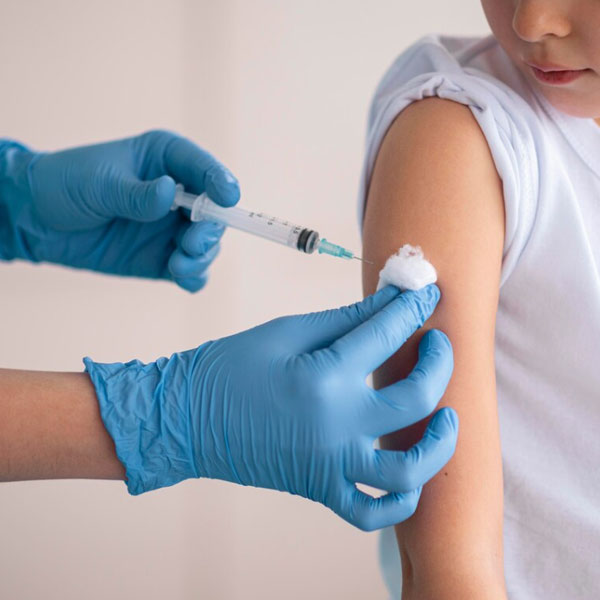Why Are Vaccines Important for Kids

Child Vaccination at Clinic N
Child vaccinations are one of the most effective ways to protect children from potentially life-threatening diseases. Again vaccines work by preparing the immune system inaddition to recognize and fight specific pathogens, reducing the risk of serious illnesses such as measles, polio, diphtheria, and whooping cough. Moreover not only safeguard the individual child but also contribute to community immunity, preventing the spread of contagious diseases and protecting those who cannot be vaccinated due to medical reasons.
Why Are Vaccines Important for Kids
Immunization schedules are carefully designed to protect at the right stages of a child’s development process and ensure they are finally protected when they are most vulnerable.
Long-Term Benefits of Vaccination
Vaccinations provide lifelong benefits by reducing the burden of preventable diseases, decreasing hospitalizations, and lowering healthcare costs. They help to prevent outbreaks of diseases that were once widespread, contributing to healthier and more productive communities. Vaccines are rigorously tested for safety and efficacy, ensuring they are safe for children. Pediatricians play a key role in educating parents about the importance of timely vaccinations and addressing any concerns by ensuring children are vaccinated. Parents contribute to a healthier future not just for their child, but for society as a whole.
Keeping Track of Your Child's Vaccination Records
our pivotal role is to ensure children are vaccinated on time to protect them from preventable diseases and educate parents about the importance of immunizations, addressing concerns or misconceptions about vaccine safety and efficacy.Clinic N provides personalized advice based on the child’s medical history, allergies, or underlying conditions, tailoring vaccination schedules when necessary. Monitoring a child’s health before and after vaccinations to ensure a safe and effective immunization process.
When a large portion of the population is vaccinated, it reduces the spread of diseases, protecting those who cannot be vaccinated (e.g., newborns, elderly, or immunocompromised individuals).Vaccines have helped eliminate or significantly reduce diseases like smallpox and polio, preventing future outbreaks. Absolutely! Vaccinations preventing illness, vaccinations play a curical role in helping children to remain productive, reducing absenteeism at school and minimizing financial burdens from medical expenses.
Preventing diseases means fewer complications, disabilities, or long-term health issues, ensuring a better quality of life for individuals and communities.
Our Address
# A216, 2nd Floor, Fortune Fair Mount Mall, Near Erragadda Metro Station, Hyderabad, India.
+91 8500746444
info@clinic-n.in
©2024. Clinic-N. All Rights Reserved.
